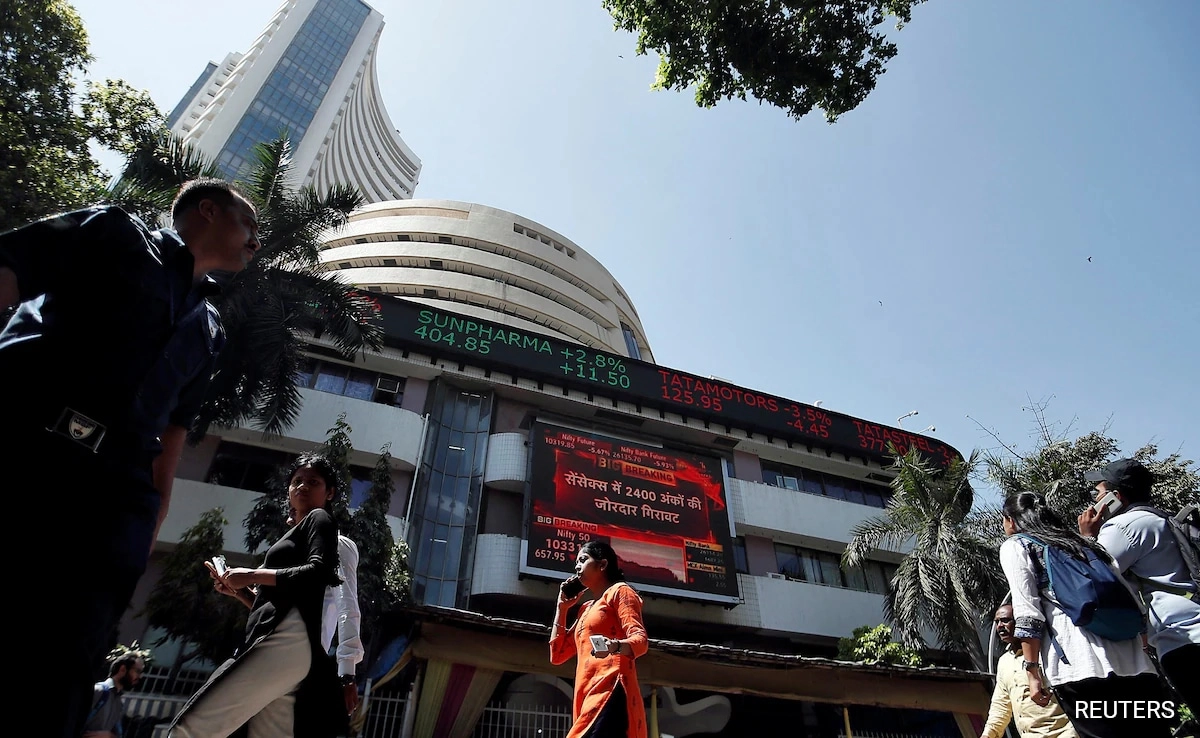In a striking turn of events, the Indian stock market experienced a significant downturn the day after achieving record highs. The benchmark Sensex plummeted by 1,000 points, while the Nifty index fell by 200 points. This sudden drop has raised concerns among investors and market analysts, who are keenly observing the underlying factors contributing to such volatility. The previous day’s rally had instilled a sense of optimism, with many believing that the market was on an upward trajectory. However, this swift decline serves as a reminder of the unpredictable nature of stock market dynamics.
Market analysts suggest that a combination of profit booking and external economic factors may be at play in this downturn. Investors who had seen substantial gains during the rally might be seizing the opportunity to lock in profits, which is a common practice after periods of significant growth. Furthermore, global market trends, fluctuations in commodity prices, and geopolitical tensions can all influence investor sentiment, leading to a rapid change in market direction. The interplay of these elements can create an environment of uncertainty, prompting cautious behavior among traders.
Additionally, the decline in market indices highlights the importance of maintaining a balanced perspective when investing. While the stock market can offer lucrative opportunities, it is also subject to rapid fluctuations. Investors are advised to conduct thorough research and consider diversifying their portfolios to mitigate risks associated with sudden market shifts. As the Sensex and Nifty adjust to the latest developments, stakeholders will be closely monitoring economic indicators and corporate performance to gauge the market’s future trajectory. The recent volatility serves as a critical reminder of the need for strategic planning and risk management in investment decisions.




